
Management of Medical Emergencies
How medical emergencies can be managed by taluk, CHC and district level health institutions & the further referral procedures to higher centers according to the new reference protocol guidelines.
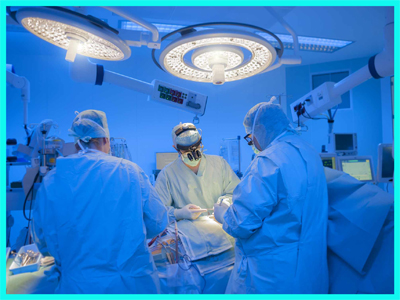
Nursing management of common medical and surgical conditions in primary health care
The module contains 6 parts of video sessions, All the session explains the nursing management of common medical and surgical conditions managed in the various levels of primary health care setting.
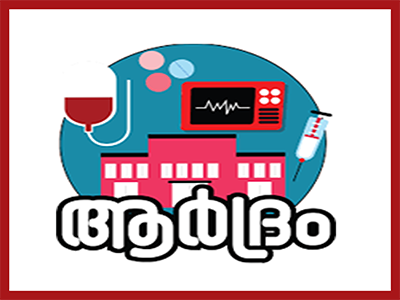
Aardram and family health center concept
The unit deals with the Family Health Center Concept, containing five sessions. Session started with the historical evolution of health, wealth, education, nutrition and the impact of changed lifestyle to the health and illness in India and Kerala. Second session deals with the basic concept of Aardram Mission, sustainable development goals and Family Health Centers, role and importance of family health centers in public health. The third session describes the structure, infrastructure, functioning and various clinics organized in sub center clinics. The fourth session explorates the role of Aarogya sena in providing preventive & promotive services contributing to health and the methods of converging various health services and schemes of different departments & sectors. The last session deals with the importance and need for team work for the co-ordination among staffs and smooth functioning of FHCs.
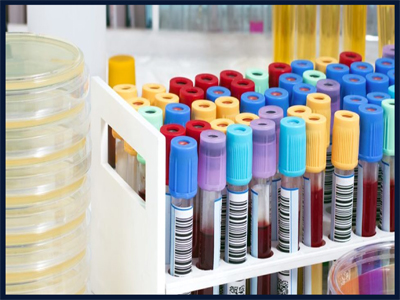
Basic investigations in primary health care
The module details the different aspects of various laboratory investigations done in the primary healthcare setup. The module deals with individual investigations, normal and abnormal findings, methods to be instituted in performing the tests and the responsibility of the healthcare workers performing them.

Occupational Diseases, Oral Health
Occupational diseases refer to health conditions that are directly caused or significantly exacerbated by exposure to hazards in the workplace. When it comes to oral health, certain occupations or workplace environments can indeed pose risks to dental health. It's important for employers to prioritize workplace safety and provide appropriate training, protective equipment, and preventive measures to mitigate these risks. Additionally, individuals should maintain good oral hygiene practices and seek regular dental check-ups to prevent or address any occupational-related oral health issues.
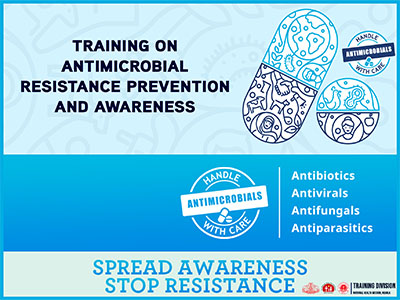
Training on Antimicrobial Resistance Prevention and Awareness
This course was designed to update knowledge in Antimicrobial resistance and prevention strategies of antimicrobial resistance in the various practice settings. The whole training programs were designed and distributed within the six sessions. The course was starting with the pre course assessment and after the completion of six session the participants should take a post test.
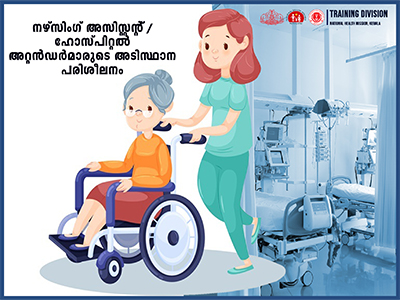
Basic Training for Nursing Assistants
ആരോഗ്യ മേഖലയുമായി ബന്ധപ്പെട്ട സ്ഥാപനങ്ങളിലും മറ്റു സംവിധാനങ്ങളിലും നഴ്സിംഗ് അസ്സിസ്റ്റന്റുമാരും ആശുപത്രി അറ്റൻഡർമാരും വഹിക്കുന്ന പങ്കു വളരെ പ്രധാനമാണ്. ഇത്തരം പ്രധാന ചുമതലകൾ വഹിക്കുന്ന ഉദ്യോഗസ്ഥർക്ക് കാലാനുസൃതമായ മാറ്റങ്ങൾ ഉൾപ്പെടുത്തി കൊണ്ട് പരിശീലനങ്ങൾ നൽകേണ്ടത് അനിവാര്യമാണ്. അത്തരത്തിൽ മേല്പറഞ്ഞ ഉദ്യോഗസ്ഥർക്ക് അവരവരുടെ പ്രവർത്തന മേഖലകളിൽ സഹായകമാകുന്ന തലത്തിൽ വിവിധ പുതുക്കിയ അറിവുകൾ ചേർത്ത് വച്ചാണ് ഈ പരിശീലന പദ്ധതി തയ്യാറാക്കിയിക്കുന്നത്.
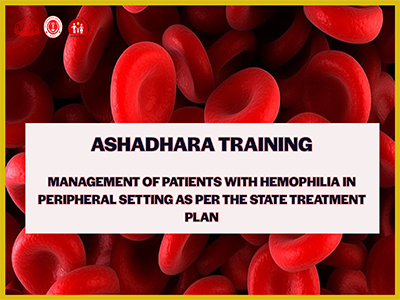
ASHADHARA TRAINING: Management of patients with hemophilia in peripheral setting as per the state treatment plan
This is a training for preparing a group of doctors and nurses to provide on-demand Hemophilia treatment care services via emergency departments of different Secondary and Tertiary care Public sector hospitals in Kerala. The trainees are selected medical officers working in the emergency departments and selected nursing officers who are working under the health institutions where the Hemophilia medicines are made available under EDL. The training will focus on making the group understand, what is hemophilia? how to identify a patient with acute bleeding when they present with common symptoms? The state laid protocol and guidelines, The scope of treatment facility as per the protocol, referral pathways, drug storage, drug reconstitution and administration standards and techniques, documentation, etc. The course will also give an overall understanding of the Hemophilia management program in the state. Scoring of at least 50 % in the post-test will enable the participant to download the certificate from the platform.
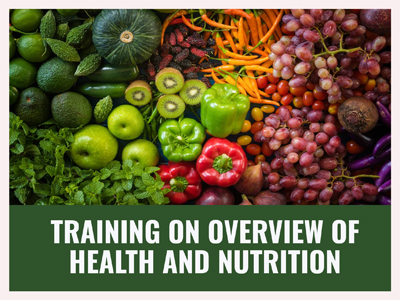
Training on Overview of Health and Nutrition - KSIHFW
This course will give a bird's eye view of the various aspects of nutrition, which will be helpful for the health care staff in day-to-day practices such as clinical practice, health education, awareness creation, patient counselling, etc. The training program contains three sessions which cover the topics such as health and nutrition, balanced diet, and elderly and nutrition.
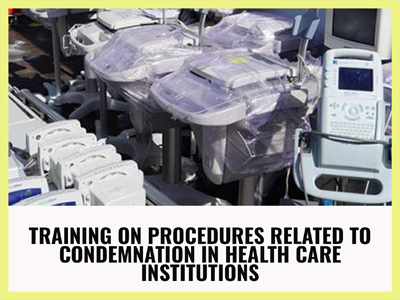
Training on procedures related to condemnation in health care institution
The healthcare environments (Hospitals/other healthcare institutions) are dynamic in nature by considering the infrastructure, equipment, and utilities. The use of equipment and utilities is essential for the support of various activities in health care institutions. With these large activities, unserviceable materials/equipment and waste products may hinder the normal functioning of the health care setup. Knowledge regarding the procedures related to the condemnation procedures will enable the officers related to the specified area to carry out their work effectively. This online training program is equipped with a Pre-test, Session, and post-test. Above 50% score in the post-test will enable the participant for awarding of the certificate.
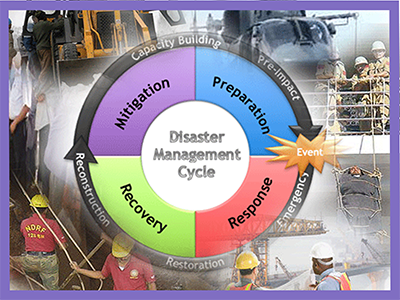
Disaster preparedness and management - KSIHFW
Disaster preparedness and management refer to the processes and strategies put in place to anticipate, prevent, and respond to natural or human-made disasters. The goal is to minimize the impact of disasters on people, property, and the environment. Disaster preparedness involves activities that are carried out in advance of a disaster to ensure that appropriate measures are in place to respond quickly and effectively. This includes developing emergency plans and procedures, identifying and managing potential risks, and preparing resources and infrastructure to support disaster response efforts. Disaster management involves actions taken during and after a disaster to provide immediate assistance to affected individuals and communities, restore essential services, and facilitate recovery and reconstruction. Disaster management activities include search and rescue operations, evacuation, medical assistance, food and water distribution, and the distribution of essential supplies.
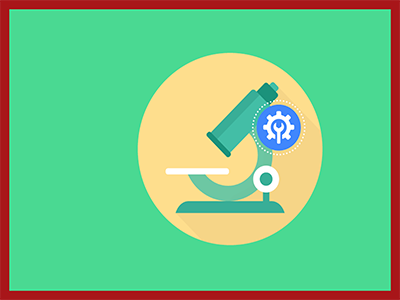
Proper Maintenance of lab equipments - KSIHFW
The laboratory is an important department in any healthcare institution. The test results obtained from the department aids in providing quality care to clients. The maintenance of the laboratory, registers, equipments and method of operation of the lab determines its quality. Every personnel working in the laboratory should be aware of the method in which the laboratory, equipments and its premises should be maintained. This unit sheds light on various aspects of laboratory maintenance such as designing and maintenance of lab, retention of records, good laboratory practices, management of spillage, and maintenance of collection area and the flow of specimens in the laboratory. It also details the records and registers to be maintained, the method to prepare and maintain the method of cleaning and sample management and the details of formulating standard operation procedures.
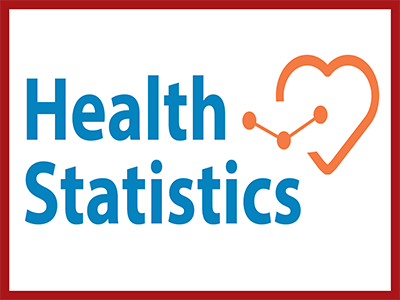
Health Statistics
This Unit deals with the importance Health Statistics in Health Care Sector in Kerala. HMIS and RCH are two online Portals mainly used in Health Department for data collection , verification, report generation of Health Statistics in the State.

HMIS & RCH Portals - KSIHFW
The Health Management Information System (HMIS) is a digital platform used by the Ministry of Health and Family Welfare in India. It aims to improve healthcare service delivery by providing accurate and timely information. The Reproductive Child Health (RCH) Portal, hosted by the National Informatics Centre (NIC), supports reproductive, maternal, newborn, and child health (RMNCH) schemes and programs. It assists in early identification, tracking, and monitoring of beneficiaries throughout their reproductive life cycle, promoting health services related to reproductive and child health

HOSPITAL INFECTION CONTROL PRACTICES -KSIHFW
Infections and infection control in healthcare settings has been a very important topic since the evolution of modern medicine. Prevention is considered important rather than the management after the occurrence of an infection. Many aspects have to be addressed for understanding the process of hospital infection control practices. It includes infectious agents, preventive measures, protocols, PPE, disinfection and sterilization, waste management and general management. The unit introduces the topic of infection control, antibiotic stewardship policy, KARSAP and its focus areas, AMR prevention, system of cleaning and disinfection in healthcare institutions and post exposure prophylaxis.